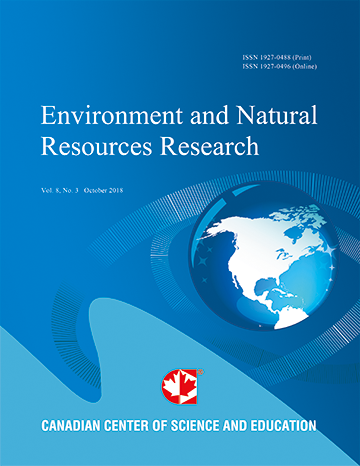Assessment of Irrigation Pricing Policies: A Data Envelopment Analysis Approach
- Giacomo Giannoccaro
- Maurizio Prosperi
- Francisco Alcón
- Julia Martin-Ortega
Abstract
The European Water Framework Directive encourages pricing policy reforms in order to protect the environmental quality of water and promote its efficient use. This paper deals with two aspects of efficiency, namely economic and environmental efficiency, analyzed for different pricing methods. Volumetric pricing methods are compared with other indirect schemes (‘per area’, on ‘input’, on ‘output’ and ‘quota’) under three different water saving scenarios. The Data Envelopment Analysis (DEA) technique is used to assess the eco-efficiency of an eventual water pricing reform in the irrigated agricultural system of Capitanata, in Italy. Overall, findings point out that a pricing system based on ‘per area’ and ‘output’ will lead to the highest eco-efficiency, although this is not valid under any water pricing charge. The enforcement of water saving via pricing does not imply a higher eco-efficiency, mainly in the case of environmental efficiency. The use of the DEA approach appears useful in the assessment of water pricing policies where conflictive economic and environmental goals arise. It provides a methodology to support policy makers in the design of water policy pricing aimed at the enhancement of efficiency, both economic and environmental.
- Full Text:
 PDF
PDF
- DOI:10.5539/enrr.v3n3p10
Journal Metrics
Google-based Impact Factor (2016): 6.22
h-index (November 2017): 12
i10-index (November 2017): 19
h5-index (November 2017): 11
h5-median (November 2017): 12
Index
Contact
- Emily LinEditorial Assistant
- enrr@ccsenet.org
